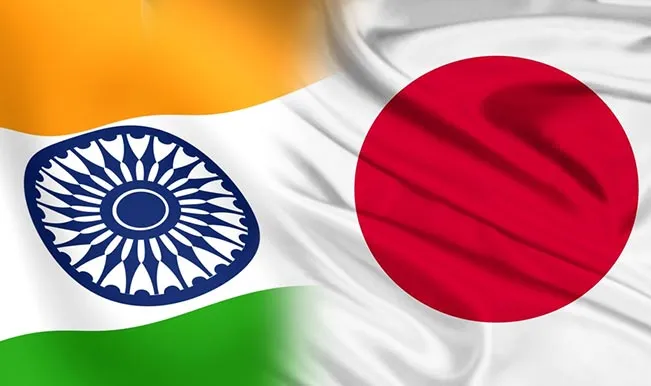Image Source: The Economic Times
Amid global geopolitical turmoil over the Ukraine conflict and concerns over China’s aggressive behaviour in the Indo-Pacific, Prime Minister Narendra Modi and his Japanese counterpart Fumio Kishida have vowed to expand the India-Japan global strategic partnership. The two leaders emphasized the importance of a peaceful, stable, and prosperous Indo-Pacific and how the partnership between India and Japan could benefit both countries in diverse areas. PM Modi also referred to India’s presidency of the G20 and Japan’s chairing of the G7 grouping, stating that it is the best opportunity for both countries to work together on priorities for the global good.
This article highlights the discussions and progress made in areas such as defence, digital technology, trade and investment, health, and the importance of reliable supply chains for critical technologies.
Prime Minister Kishida arrived in Delhi on a nearly 27-hour visit, and both leaders discussed progress in bilateral relations, especially in areas such as defense, digital technology, trade and investment, and health among others. They also highlighted the importance of reliable supply chains for semiconductors and other critical technologies.
Modi referred to India’s presidency of the G20 and Japan chairing the G7 grouping and stated that it is the best opportunity to work together on priorities of both sides for global good. He also briefed Prime Minister Kishida extensively on the priorities of the Indian presidency of the G20.
The India-Japan Special strategic and global partnership is based on democratic principles and respect for international rule of law and is important for the Indo-Pacific as well. Kishida announced that he will unveil his plan for a free and open Indo-Pacific during his visit to India.
The Japanese prime minister said Tokyo’s economic cooperation with New Delhi continues to grow rapidly, and it will not only support further development of India but create significant economic opportunities for Japan. He also formally invited Modi for the G7 summit in May, and his Indian counterpart accepted the invite.
Image Source: BBC
India and Japan relationship
The relationship between India and Japan has undergone several upgrades, progressing from a “Global Partnership” in 2000 to a “Strategic and Global Partnership” in 2006, and finally, to a “Special Strategic and Global Partnership” in 2014. Furthermore, the two nations’ leaders have conducted regular annual summits since 2006.
Japan is also one of the very few countries with which India holds an annual summit and ‘2 + 2’ Foreign and Defence Ministerial dialogue. Last year Prime Minister Modi and Yushida Khushida met for the 14th annual summit in March and likewise, Modi visited Tokyo for the QUAD summit in September for the funeral of former Prime Minister Shinzo Abe who was assassinated on 8th July 2022.
One of the crucial elements of the special strategic and global partnership is the establishment of defense and security cooperation, which plays a significant role in maintaining peace and stability in the Indo-Pacific region. The bilateral trade between the two sides stood at USD 20.75 billion last year, the largest ever.
Since 2011, India and Japan have been operating under a Comprehensive Economic Partnership Agreement (CEPA) that encompasses various aspects such as the trade of goods and services, movement of individuals, investments, intellectual property rights, customs procedures, and other relevant trade matters.













